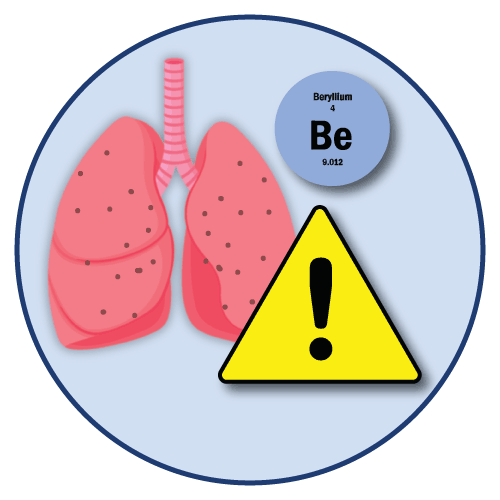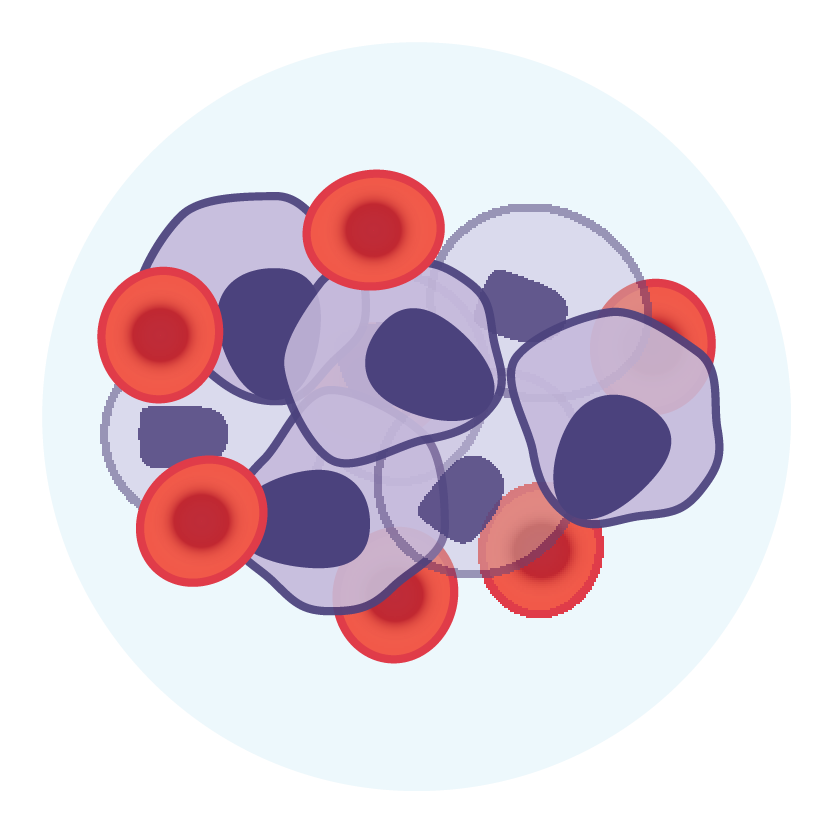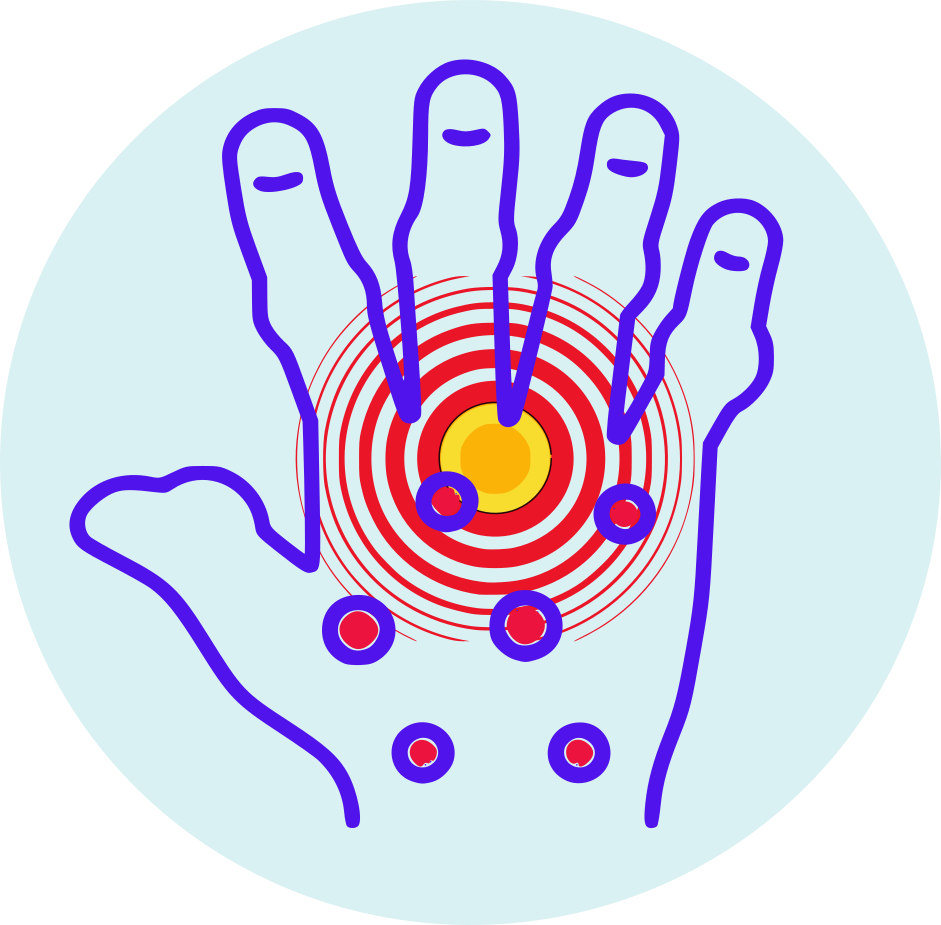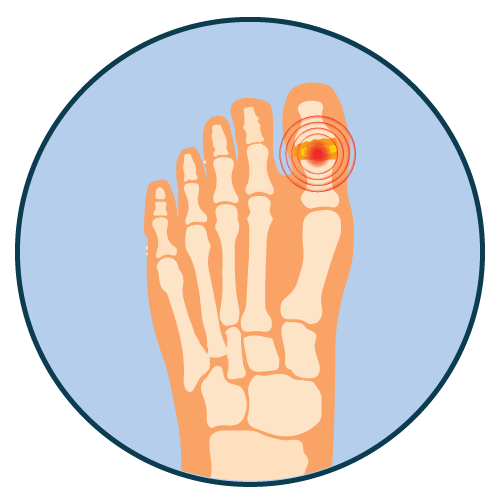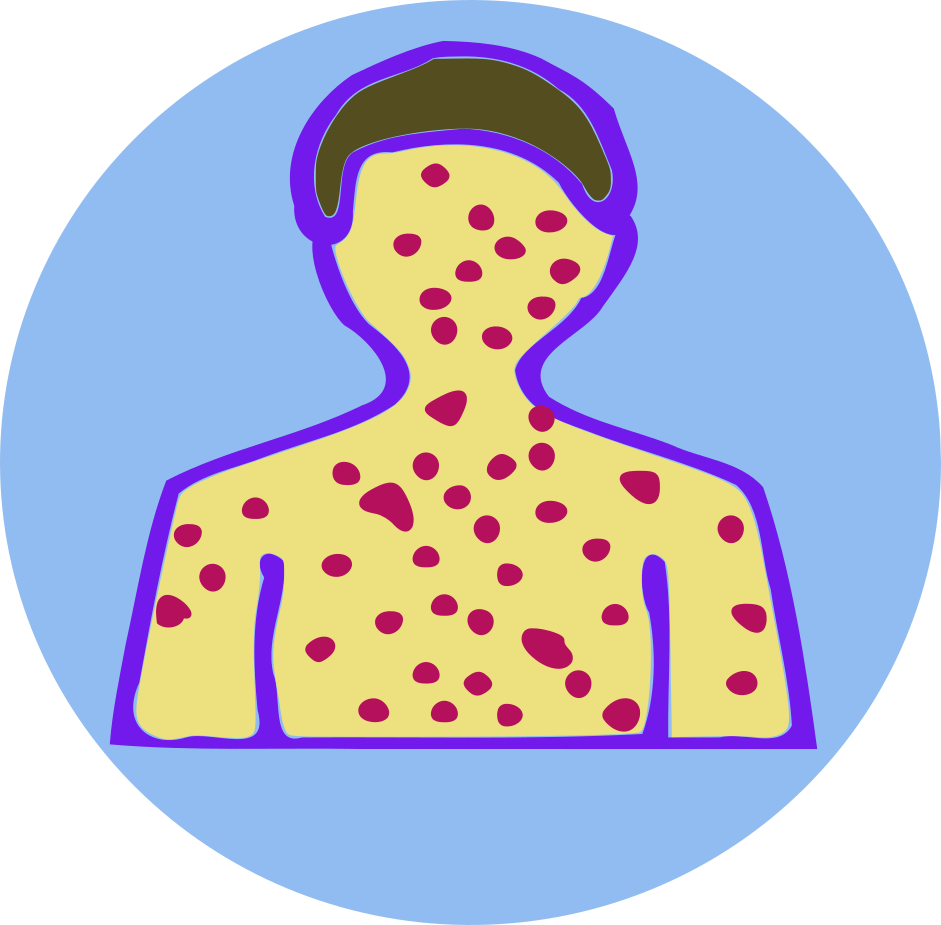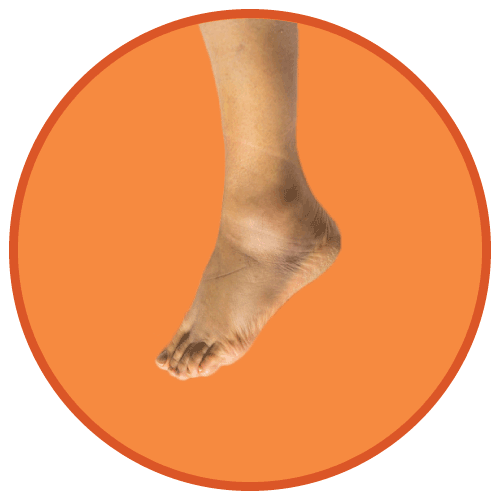| Name | Dexamethasone |
| Classes |
Dermatological/Topical Agent Ophthalmic Preparation Hormonal Agent Steroid Glucocorticoid |
| Diseases |
Asthma Dermatitis Hypersensitivity Inflammatory Disease Lupus Rhinitis Sclerosis Ulcerative Colitis |
Dexamethasone
Dexamethasone belongs to a class of drugs, called the glucocorticoids. It is a synthetic glucocorticoid. Natural glucocorticoids (hydrocortisone and cortisone), which have salt-retaining characteristics, are employed in adrenocortical deficit replacement therapy. Their synthetic analogs are largely employed for anti-inflammatory actions in a variety of organ system illnesses.
Glucocorticoids have a wide range of metabolic consequences. Furthermore, they alter the immune system's reaction to a variety of stimuli.
- Allergic states: Control of severe or incapacitating allergic conditions intractable to adequate trials of conventional treatment in asthma, atopic dermatitis, contact dermatitis, drug hypersensitivity reactions, perennial or seasonal allergic rhinitis, and serum sickness.
- Dermatologic diseases: Bullous dermatitis herpetiformis, exfoliative erythroderma, mycosis fungoides, pemphigus, and severe erythema multiforme (Stevens-Johnson syndrome).
- Gastrointestinal diseases: To tide the patient over a critical period of the disease in regional enteritis and ulcerative colitis.
- Hematologic disorders: Acquired (autoimmune) hemolytic anemia, congenital (erythroid) hypoplastic anemia (Diamond-Blackfan anemia), idiopathic thrombocytopenic purpura in adults, pure red cell aplasia, and selected cases of secondary thrombocytopenia.
- Endocrine disorders: Primary or secondary adrenocortical insufficiency (hydrocortisone or cortisone is the drug of choice; may be used in conjunction with synthetic mineralocorticoid analogs where applicable; in infancy mineralocorticoid supplementation is of particular importance), congenital adrenal hyperplasia, hypercalcemia associated with cancer, and nonsuppurative thyroiditis.
- Neoplastic diseases: For the palliative management of leukemias and lymphomas.
- Respiratory diseases: Berylliosis, fulminating or disseminated pulmonary tuberculosis when used concurrently with appropriate anti-tubercular chemotherapy, idiopathic eosinophilic pneumonias, symptomatic sarcoidosis.
- Ophthalmic diseases: Sympathetic ophthalmia, temporal arteritis, uveitis, and ocular inflammatory conditions unresponsive to topical corticosteroids.
- Renal diseases: To induce a diuresis or remission of proteinuria in idiopathic nephrotic syndrome or that due to lupus erythematosus.
- Rheumatic disorders: As adjunctive therapy for short-term administration (to tide the patient over an acute episode or exacerbation) in acute gouty arthritis, acute rheumatic carditis, ankylosing spondylitis, psoriatic arthritis, rheumatoid arthritis, including juvenile rheumatoid arthritis (selected cases may require low-dose maintenance therapy). For the treatment of dermatomyositis, polymyositis, and systemic lupus erythematosus.
- Nervous system: Acute exacerbations of multiple sclerosis, cerebral edema associated with primary or metastatic brain tumor, craniotomy, or head injury.
- Miscellaneous: Diagnostic testing of adrenocortical hyperfunction, trichinosis with neurologic or myocardial involvement, tuberculous meningitis with subarachnoid block or impending block when used with appropriate anti-tubercular chemotherapy.
For oral administration: Depending on the condition being treated, the starting dosage ranges from 0.75 to 9 mg per day. It is important to remember that dosage requirements are variable and must be customized based on the disease being treated and the patient's response.
For injection:
- First Day: 1 or 2 mL, intramuscularly
- Dexamethasone tablets, 0.75 mg
- Second Day: 4 tablets in two divided doses
- Third Day: 4 tablets in two divided doses
- Fourth Day: 2 tablets in two divided doses
- Fifth Day: 1 tablet
- Sixth Day: 1 tablet
- Seventh Day: No treatment
- Eighth Day: Follow-up visit
Dexamethasone can cause the following side effects-
- Congestive heart failure in susceptible patients
- Hypertension
- Edema
- Hypokalemia
- Hypokalemic alkalosis
- Muscle weakness
- Loss of muscle mass
- Steroid myopathy
- Osteoporosis
- Peptic ulcer with possible perforation and hemorrhage
- Pancreatitis
- Abdominal distention
- Ulcerative esophagitis
- Increased sweating
- Development of Cushingoid state
- Suppression of growth in children
- Secondary adrenocortical and pituitary unresponsiveness, particularly in times of stress, as in trauma, surgery or illness
- Menstrual irregularities
- Decreased carbohydrate tolerance
- Manifestations of latent diabetes mellitus
- Some indications of infection may be hidden by corticosteroids, and new infections may develop as a result of their use. Infections with any pathogen, including viral, bacterial, fungal, protozoan, or helminthic infections, may be linked to the use of corticosteroids alone or in combination with other immunosuppressive agents that affect cellular immunity, humoral immunity, or neutrophil function, in any part of the body.
- The risk of drug-induced secondary adrenocortical insufficiency can be reduced by gradually lowering the dosage. This form of relative insufficiency can last for months after you stop taking hormone therapy, therefore if you have a stressful circumstance during that time, hormone therapy should be resumed.
- Corticosteroids have a stronger effect on hypothyroidism patients and those with cirrhosis.
- Because of the risk of corneal perforation, corticosteroids should be taken with caution in individuals with ocular herpes simplex.
- To regulate the condition being treated, the lowest possible amount of corticosteroid should be utilized, and when dosage reduction is possible, it should be done gradually.
- In individuals with systemic sclerosis, caution is advised since corticosteroids, particularly methylprednisolone, have been linked to an increased risk of scleroderma renal crisis.
- If there is a risk of impending perforation, abscess, or other pyogenic infection, steroids should be used with caution in nonspecific ulcerative colitis; diverticulitis; fresh intestinal anastomoses; active or latent peptic ulcer; renal insufficiency;
- Infants and children receiving long-term corticosteroid medication should have their growth and development monitored closely.
Contraindication
Contraindicated in patients hypersensitive to dexamethasone or other glucocorticoids, such as-
There is no known contraindications of dexamethasone in terms of food and drinks.
Contraindicated in patients with systemic fungal infection.
 Bangla
Bangla English
English